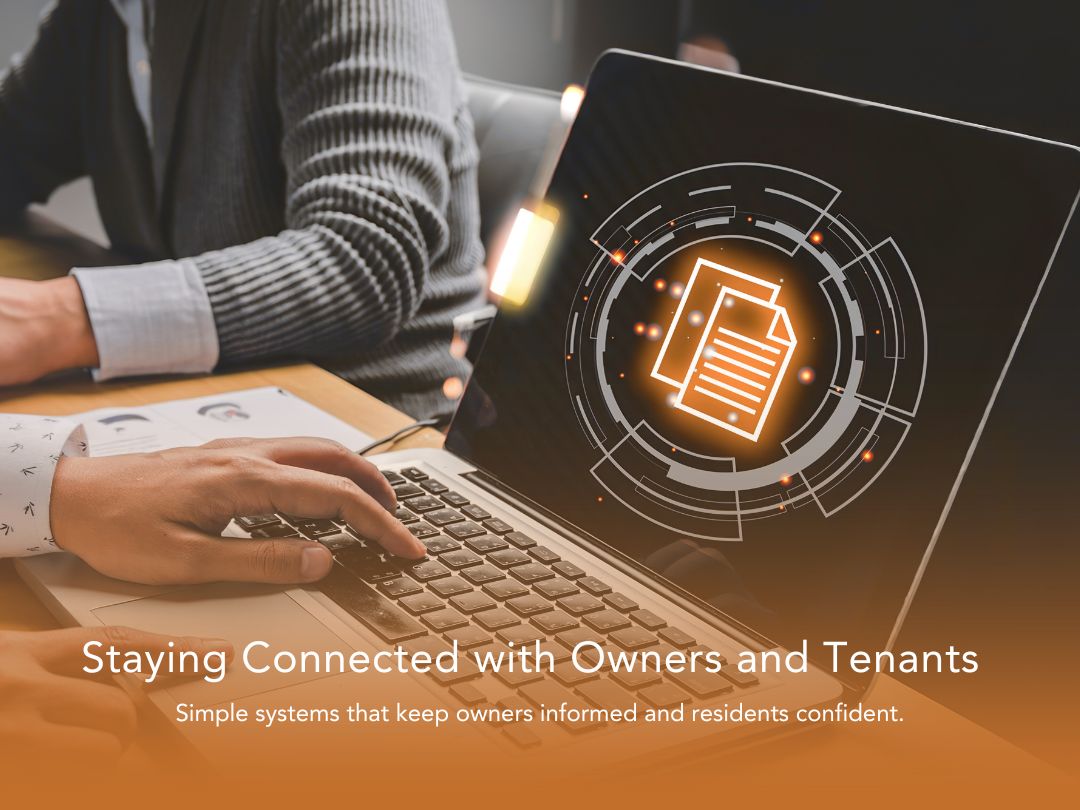Rent collection is a critical aspect of property management that directly impacts the financial success of landlords and property owners. Property managers must implement effective rent collection strategies in the competitive Boise rental market to ensure a steady cash flow and maintain positive landlord-tenant relationships. This blog post will explore the best practices for rent collection in Boise, providing valuable insights and guidance for property managers.
Establish Clear Rent Collection Policies:
Establishing clear and transparent policies is one of the first steps in effective rent collection. Property managers should communicate the rent amount, due date, and acceptable payment methods to tenants in the lease agreement. In addition, it is essential to outline the consequences of late or missed rent payments, such as late fees or possible eviction proceedings. Property managers can reduce confusion and potential disputes by setting clear expectations from the beginning.
Offer Multiple Payment Options:
Property managers should provide multiple payment options to accommodate different tenant preferences and facilitate timely rent payments. Accepting various payment methods, such as online payments, checks, or automatic bank transfers, gives tenants flexibility and convenience. Online rent payment platforms have gained popularity in recent years due to their convenience and accessibility. A secure online payment system can streamline the rent collection process and improve efficiency for property managers and tenants.
Utilize Technology for Rent Tracking and Reminders:
Technology plays a vital role in rent collection efficiency. Property management software and apps offer features that enable property managers to track rent payments, send automated reminders to tenants, and generate reports. By leveraging technology, property managers can minimize manual administrative tasks, reduce errors, and improve overall rent collection accuracy. These tools also provide real-time updates on payment statuses, allowing property managers to address any outstanding issues promptly.
Enforce Rent Collection Policies Consistently:
Consistency is crucial when it comes to enforcing rent collection policies. Property managers should apply the policies uniformly to all tenants to maintain fairness and avoid potential disputes. Timely and consistent follow-ups on late or missed payments are essential. Property managers should have a straightforward process for handling delinquent accounts, including sending reminder notices, initiating communication with tenants, and taking necessary legal action if required. Documenting all communications and steps taken to protect the landlord's and tenant's interests is crucial.
Foster Positive Tenant Relationships:
While rent collection is a business transaction, fostering positive tenant relationships can significantly impact the success of rent collection efforts. Property managers should prioritize clear and respectful communication with tenants. Maintaining open communication lines and promptly addressing tenant concerns can build trust and encourage timely rent payments. Positive relationships with tenants can also lead to longer tenancies and reduce turnover rates.
Provide Rent Collection Reminders:
Sending rent collection reminders to tenants a few days before the due date can help ensure timely payments. These reminders can be sent via email, text, or a dedicated tenant portal. Clear communication about upcoming rent due dates helps tenants plan and reduces the likelihood of late payments. Property managers should establish a system to send reminders consistently and track communication to demonstrate proactive efforts in rent collection.
Swiftly Address Late Payments:
Property managers should promptly address the issue when a tenant fails to pay rent on time. Timely follow-up and communication with the tenant can help identify any underlying problems and find potential solutions. Offering flexible payment plans, discussing financial hardships, or assisting tenants in accessing available resources can help prevent further payment delays and possible eviction proceedings.
Additionally, property managers should stay updated on local laws and regulations regarding rent collection to ensure compliance and avoid legal complications. Each jurisdiction may have specific rules regarding late fees, grace periods, and eviction processes, so staying informed and adhering to these guidelines is essential.
Another important aspect of rent collection is maintaining accurate and organized financial records. Property managers should keep detailed records of rent payments, expenses, and any communication related to rent collection. This documentation helps with tracking and reconciliation and serves as evidence in case of any disputes or legal proceedings.
Property managers may sometimes encounter tenants who consistently fail to pay rent on time or become delinquent. Following the appropriate legal processes to protect the landlord's interests is crucial in such situations. This may involve sending official notices, engaging in mediation or negotiation, or, if necessary, initiating eviction proceedings. In addition, property managers should consult with legal professionals familiar with local laws to ensure they follow the correct procedures and protect both the landlord's and tenant's rights.
Property managers can consider implementing incentives for on-time payments to optimize rent collection further. For example, offering rewards or discounts for tenants who consistently pay rent by the due date can encourage timely payments and foster positive tenant behavior. In addition, this approach can help build a sense of mutual respect and responsibility between landlords and tenants.
Lastly, property managers should regularly review and evaluate their rent collection processes to identify areas for improvement. Analyzing rent collection data, such as average days to collect rent, late payment rates, and overall collection efficiency, can provide valuable insights. Property managers can then make necessary adjustments to streamline operations, enhance communication, and implement strategies that lead to higher rent collection rates.
In conclusion, effective rent collection is vital to successful property management in Boise. Property managers can ensure a smooth and efficient rent collection process by implementing best practices such as establishing clear policies, offering multiple payment options, utilizing technology, fostering positive tenant relationships, and addressing late payments promptly. In addition, consistency, organization, and adherence to local laws are key factors in maximizing rent collection rates and maintaining a profitable rental property portfolio. With careful attention to detail and proactive management, property managers can optimize their rent collection efforts and create a positive rental experience for landlords and tenants.











